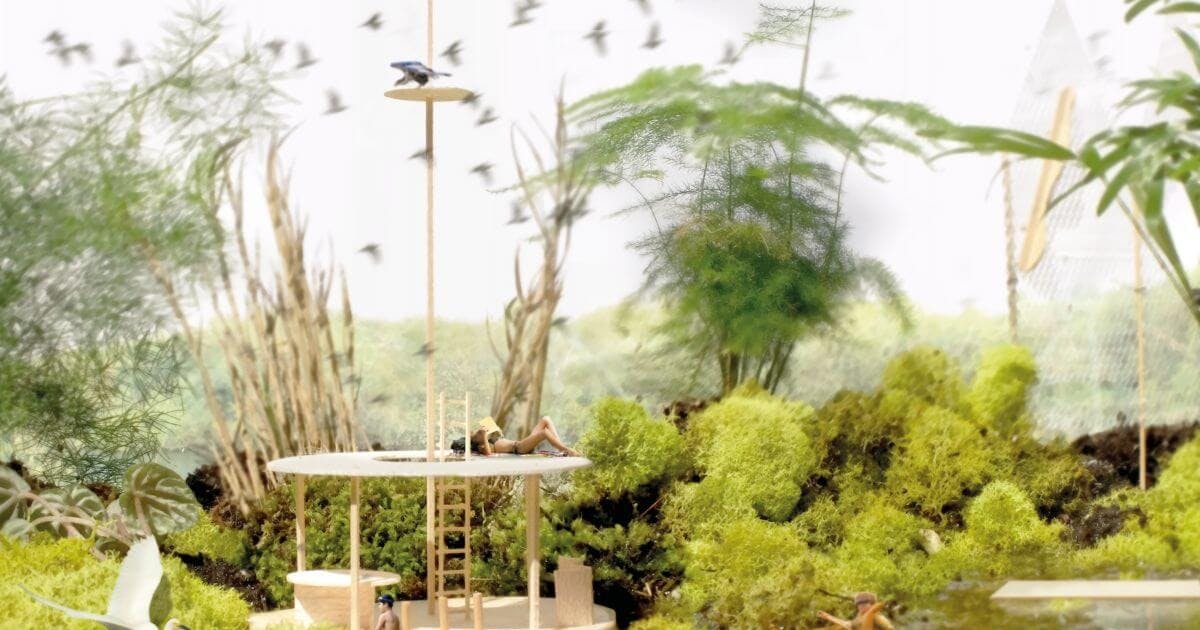Jaap Bakema Study Centre
Total Space explores interdisciplinary exchanges between the fields of architecture, urban planning, anthropology and systems theory. Relatively recent concepts such as ecology and environment are important, as are concepts of networks and megastructures. From the first propositions for networked cities and megastructures in the 1950s and 1960s, up to developments such as smart cities and virtual territories today, the concept of a total, all-encompassing space remains a recurrent motif. The core premise is that architecture and urban planning can be understood as ecological systems. The point of departure becomes interactive networks, rather than discrete objects and domains.
For Bakema, this concept implied an almost cosmological understanding of space. He called this ‘total space’. Among his inspirations were the aesthetic-spatial concepts of the De Stijl movement, as well as the work of thinkers such as Henri Bergson and Ruth Benedict. Bakema regarded it as the task of the architect-urbanist to ensure that people could navigate and appropriate total space in order to render it habitable. Living in a time of ‘growth and change’, it was important to him to allow people to experience this space from the smallest to the largest scale, through a process of ‘total urbanization’.
This relational and ecological understanding of architecture and urban planning meant – and still means – a radical redefinition of these disciplines and their tools in a technological and epistemological, but most of all cultural, sense. In line with early 20th-century avant-gardes, permanence and monumentality are eschewed, while notions of process, growth and chance take centre stage.












